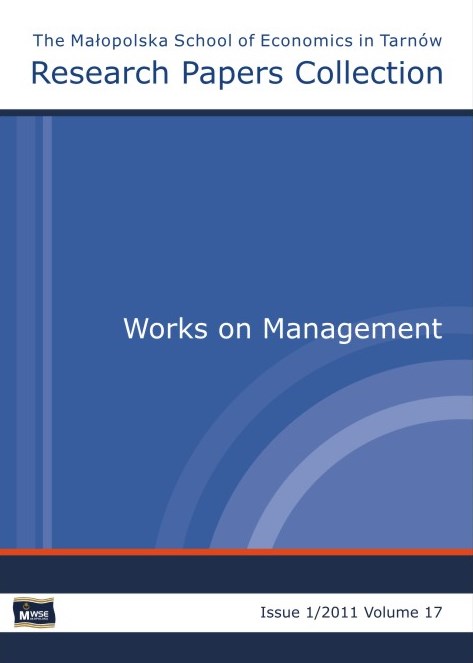Abstract
One of the common problems encountered frequently in logistic issues is PDPTW (pickup and delivery problem with time windows) where a limited transport base is to be used to expedite goods in an efficient way from point A to point B. Every organisation, both business and non-profit is, for obvious reasons, unable to grasp the whole logistic process without the aid of automation, so it has to be equipped with a logistics support system. A viable alternative to other analytical solutions can therefore come in the form of a system based on genetic algorithms, which takes into account the limitations of the infrastructure, the time frame and the resulting penalty for any delay. This platform should also allow for the transition from a mathematically defined solution to a problem (however little practical use it has) to the real logistical problems based on the actual needs of the industry. Such a system was implemented, and with the basic genetic operators (cloning, mutation and crossover) is able to plan a solution for any arbitrarily defined, solvable problem of transportation, with the help of any algorithm using those operators. After starting the program and entering the dataset, the pre-set number of simulated generations of the genetic algorithm is started with the default chosen SPEA algorithm (strength Pareto evolutionary algorithm). The results of the simulation in the form of the final set of solutions are being saved to a file. For the algorithm applied to the test problem, the optimal solution for each variable, or middle-ground solutions were found.
References
Beier F.J., Rutkowski K., Logistyka, Szkoła Główna Handlowa, Warszawa 1995. ISBN 83-86689-06-4.
View in Google Scholar
Chaberek M., Modelowanie systemu wsparcia logistycznego organizacji, [w:] M. Chaberek (red.), Modelowanie procesów i systemów logistycznych, cz. 1, Wydawnictwo Uniwersytetu Gdańskiego, Gdańsk 2001, s. 69–80.
View in Google Scholar
Michalewicz Z., Algorytmy genetyczne + struktury danych = programy ewolucyjne, Wydawnictwa Naukowo-Techniczne, Warszawa 1996.
View in Google Scholar
Haupt R.L., Haupt S.E., Practical Genetic Algorithms, John Wiley & Sons, New York 1998.
View in Google Scholar
Kalyanmoy D., Multi-Objective Optimization Using Evolutionary Algorithms, Wiley, New York 2001. ISBN 047187339X.
View in Google Scholar
Goldberg D., Genetic Algorithms in Search, Optimization, and Machine Learning, Addison-Wesley Professional, Reading 1989. ISBN 0201157675.
View in Google Scholar
© Copyright by Małopolska School of Economics in Tarnów. The articles are available under the Creative Commons Attribution NonCommercial-NoDerivatives 4.0 International License


